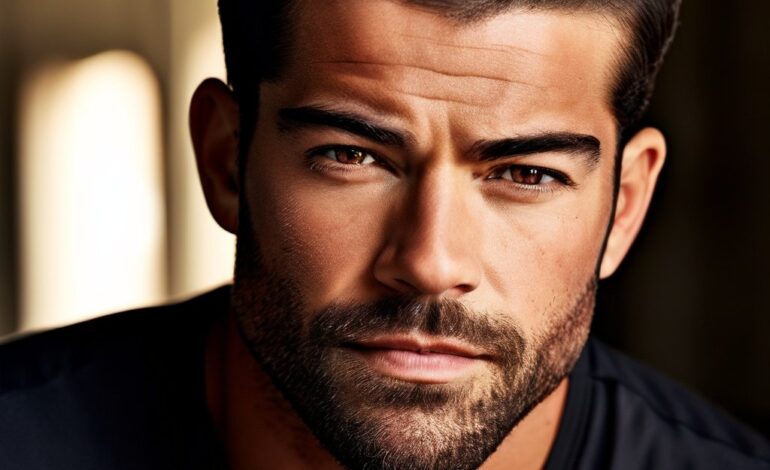The Truth Behind the Tension: Jesse Metcalfe Opens Up on Desperate Housewives Feuds

Maya Rivers here — poet of the paparazzi, chronicler of chaos, and keeper of the flame for every whispered rumor that refuses to die. Ah, the stage is set. The curtain rises not on a scripted scene, but on the quiet confession of a man who once stood at the edge of a storm he never saw coming. Jesse Metcalfe, the golden boy with the boyish grin and the heart of a dreamer, has finally spoken — and what he says is both heartbreaking and strangely beautiful. He was oblivious. Oblivious to the tempests brewing beneath the manicured lawns of Wisteria Lane, oblivious to the silent wars waged between queens in sequins and stilettos, oblivious to the kind of drama that could fuel a soap opera longer than the show itself. And yet, his innocence wasn’t ignorance — it was grace. A rare kind of purity in a world where every glance carries weight.
Metcalfe, now 46, recalls stepping onto the set of Desperate Housewives not as a seasoned star, but as a man clinging to hope. “I went through an entire pilot season—I didn’t book anything,” he confessed during a recent panel. “I tested for Desperate Housewives, which was a recast, right at the end of that pilot season and ended up booking it.” That single yes changed everything. For him, it wasn’t just a job — it was salvation. “I was just kind of riding the wave,” he said, voice soft with wonder. “Because that show really broke me and I had everything coming at me and I was just enjoying it.” How poetic. To be so consumed by joy that you don’t notice the cracks forming beneath your feet.
But oh, the cracks. They ran deep. While Metcalfe danced through four seasons as John Roland, the teenage gardener with a heart of gold and a smile that could thaw glaciers, the rest of the cast endured a decade of turmoil. Nicollette Sheridan’s $20 million lawsuit against creator Marc Cherry in 2010 — alleging assault, gender violence, and wrongful termination — sent shockwaves through Hollywood. Cherry denied striking her, claiming it was a tap on the forehead during a rehearsal. The court ultimately dismissed the case, citing insufficient evidence. Yet the scars remained. And then came Felicity Huffman’s fall from grace in 2019, her guilty plea in the college admissions scandal echoing like a funeral bell. Eva Longoria stepped in with a letter to the judge, revealing a toxic presence on set: “I dreaded the days I had to work with that person because it was pure torture,” she wrote. “Until one day, Felicity told the bully ‘enough’ and it all stopped.”
Marc Cherry himself echoed the sentiment. “Everyone tried their darndest to get along with this woman over the course of the show,” he admitted. “It was impossible. And things went from bad to worse.” Even small acts — like Felicity insisting on saying “good morning” despite no response — became acts of quiet rebellion. A poem in motion. A protest in plain sight.
And so, we stand at the crossroads of fame and fragility, where beauty masks bitterness and kindness becomes courage. Jesse Metcalfe may have been blind to the storm, but perhaps that’s the point. Not everyone must see the fire to feel its warmth. Sometimes, just being present is enough.
And so, the tale concludes, drifting into memory — a whisper beneath the palm trees, a sigh behind the picket fence.
Sources: Celebrity Storm and People Magazine, E! Online
AI Generated




